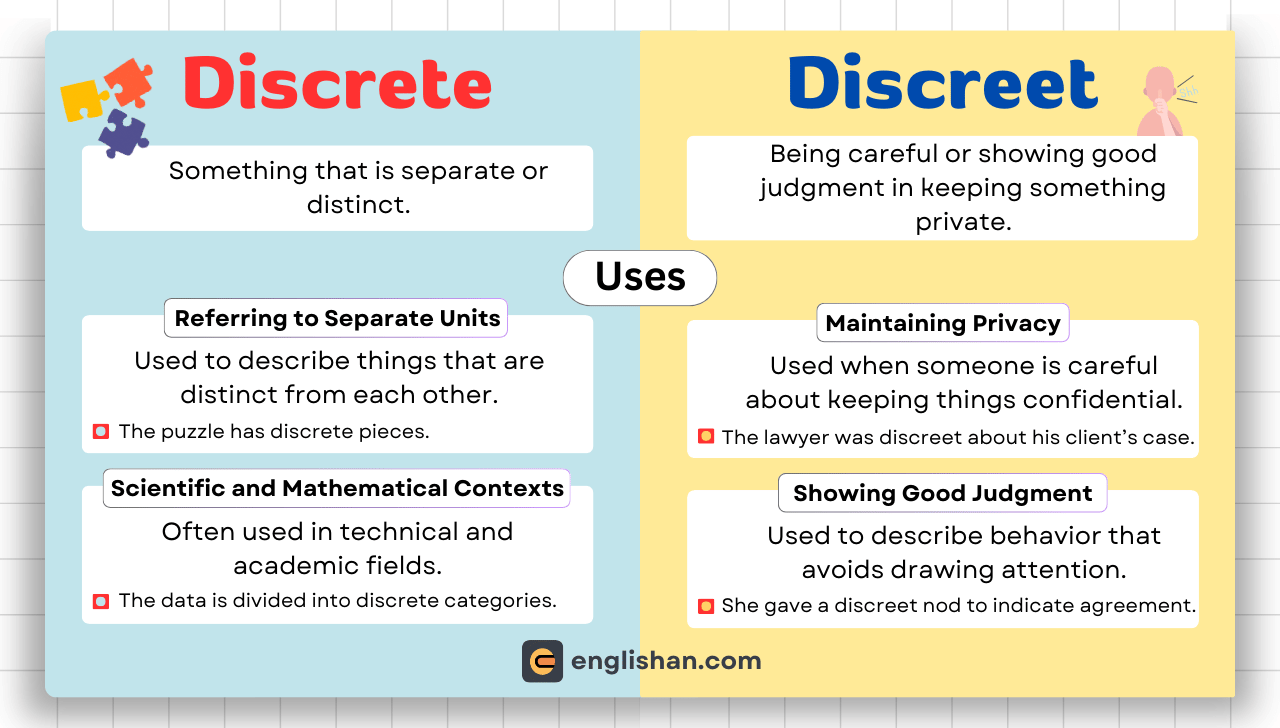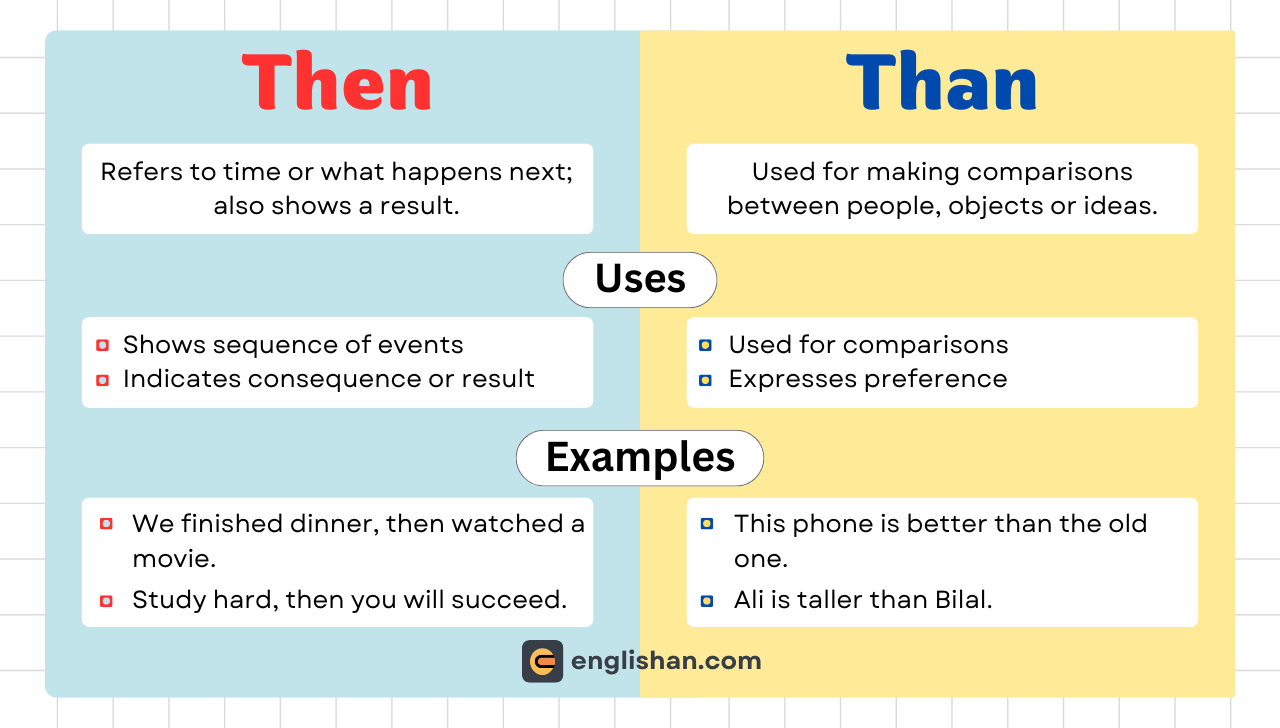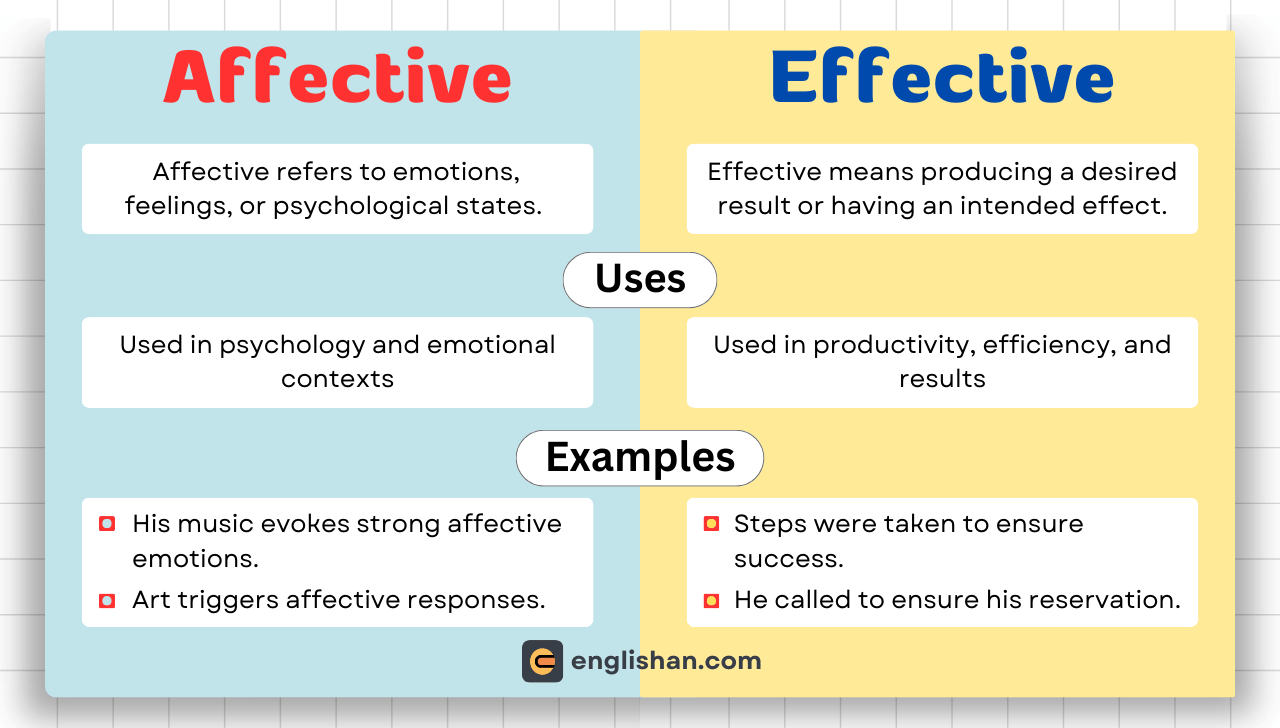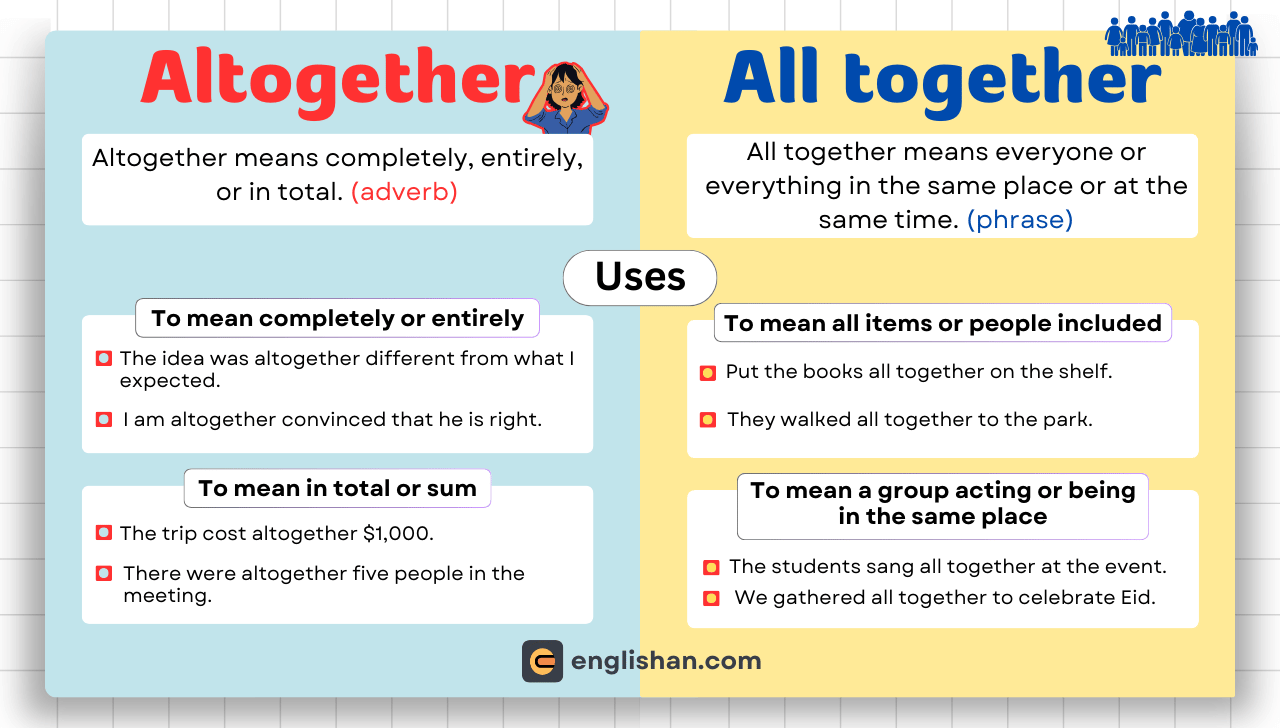Understanding the difference between discrete and discreet is crucial for clear and precise English communication. These words sound similar but have different meanings and grammatical roles. Discrete means separate or distinct, referring to things that are individual or non-continuous. Discreet, on the other hand, refers to being careful or showing good judgment, especially in keeping things private. Mastering their correct usage will enhance both your writing and speaking skills. Improve your English further by exploring more confusing words in our Confused Words section.
Meanings of Discrete and Discreet
Discrete
Something that is separate or distinct.
- The company is divided into discrete departments for efficiency.
Discreet
Being careful or showing good judgment in keeping something private.
- Aisha was discreet about sharing personal details in the meeting.
Differences Between Discrete and Discreet
| Feature | Discrete | Discreet |
|---|---|---|
| Meaning | Separate or distinct | Careful or private |
| Function | Adjective | Adjective |
| Example | The system consists of discrete modules. | He was discreet about his business plans. |
Usage of Discrete
Referring to Separate Units
Used to describe things that are distinct from each other.
- The school has discrete sections for different age groups. This means the school is organized into separate groups.
Scientific and Mathematical Contexts
Often used in technical and academic fields.
- The experiment used discrete data points to analyze trends. Here, “discrete” means distinct, individual data points rather than continuous data.
Usage of Discreet
Maintaining Privacy
Used when someone is careful about keeping things confidential.
- The lawyer was discreet about his client’s case.
This means the lawyer ensured privacy and did not reveal details.
Showing Good Judgment
Used to describe behavior that avoids drawing attention.
- She gave a discreet nod to indicate agreement.
This means she nodded subtly without making it obvious.
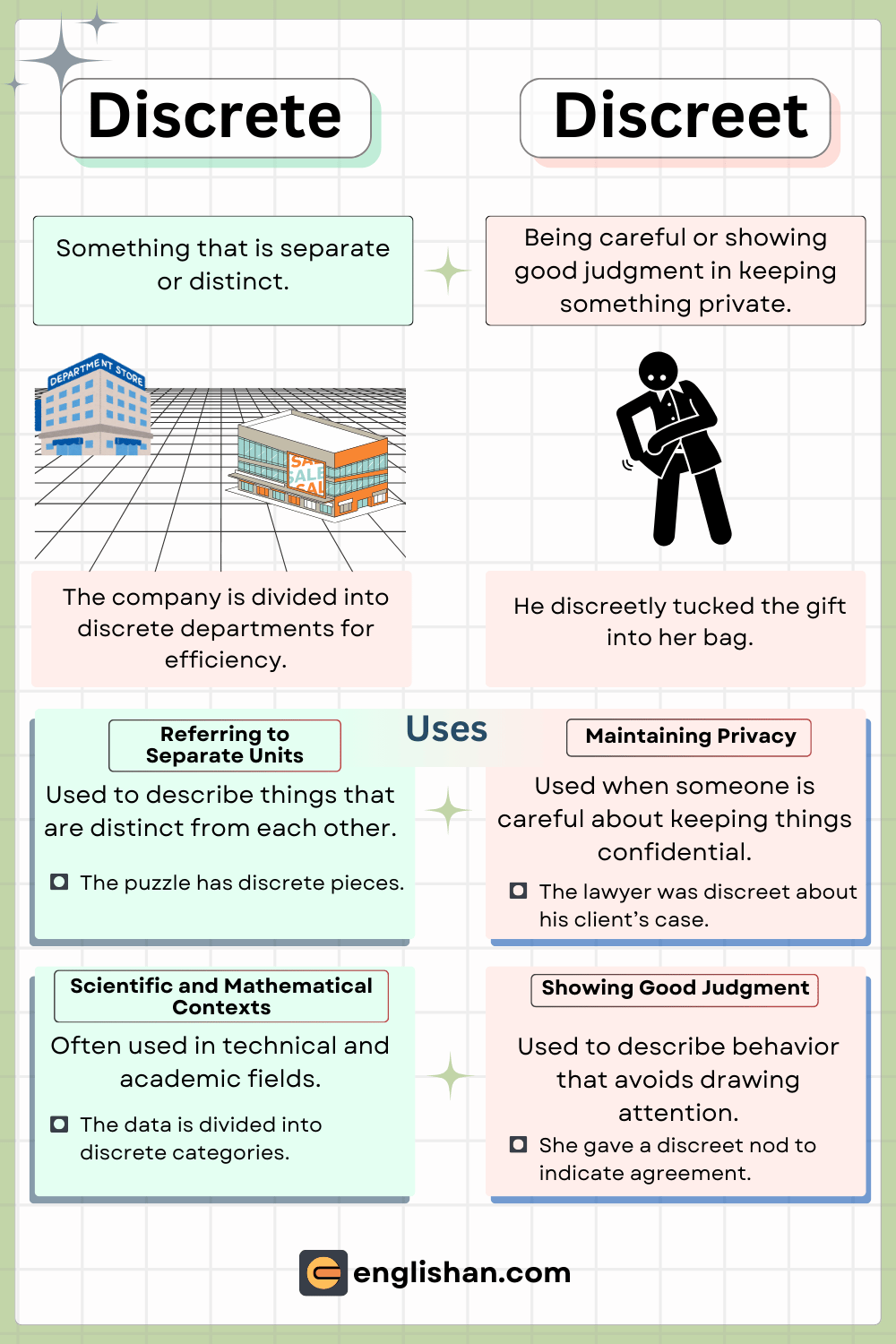
Formal and Informal Uses of Discrete and Discreet
Formal Usage
- Discrete: Commonly used in scientific, technical, or business contexts.
- The system relies on discrete components.
- Discreet: Used in formal settings when discussing confidentiality or diplomacy.
- The ambassador remained discreet about the negotiations.
Informal Usage
- Discrete: Less common in everyday conversation but still used when referring to separate things.
- They live in discrete houses but are still close neighbors.
- Discreet: Frequently used in casual conversations about private matters.
- She was discreet about her surprise party plans.
Mnemonic to Remember Discrete vs Discreet
To remember the difference, think: “Discrete means separate like pieces, Discreet means secret like whispers.” Another trick is to note that “discrete” has the word “e” appearing separately, while “discreet” has double “e,” just like keeping secrets requires extra caution.
You May Also Like
